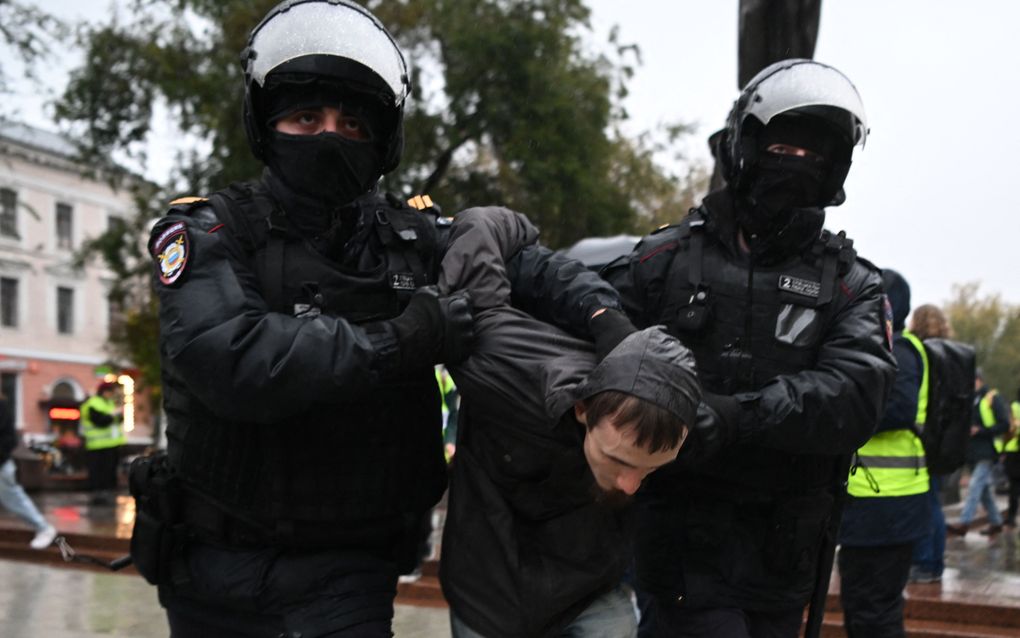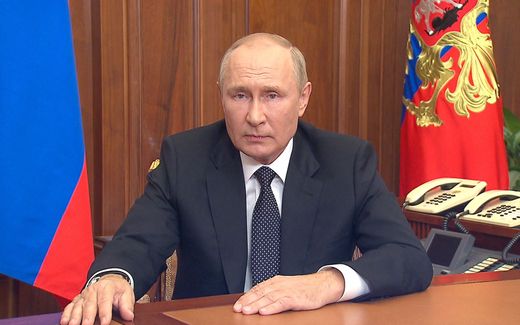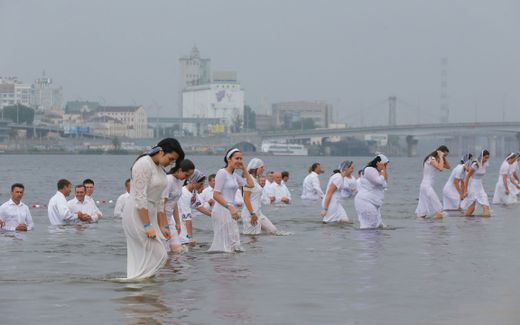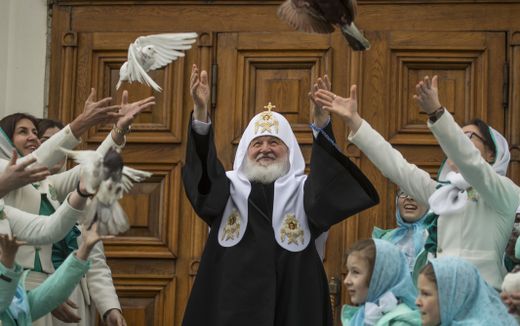Russian Christians persecuted for refusing mandatory mobilisation in the war

Photo AFP
Eastern Europe
As the conflict in Ukraine continues, more Russians are refusing to go to war, particularly for religious reasons.
Russia’s Investigative Committee has opened the case of two evangelists who have decided not to take part in “hostilities,” according to an inVictory report
Sergei Tarasov and Maxim Drozdov, attend an Evangelical church in the southern city of Budyonnovsk. They were ordered to report for duty after Putin’s partial mobilisation decree that was declared on 24 September. They went to their local military unit and have stayed there for almost a month. However, they told their unit commander that they would not take part in the Ukraine conflict due to “religious reasons”. The commander refused their appeal, and they were later summoned by other military officials for interrogations. According to the Investigative Committee, failure to obey the commander’s orders in an “armed conflict” and the “refusal to participate in hostilities” result in a violation of their criminal code.
As reported by Triklopodia, the Evangelists’ attorney, Andrey Sabinin, said that a “non-execution of an order” clause was inserted into the decree two days before the men were drafted.
“Officially, Tarasov and Drozdov expressed their position after the entry into force of the law; they were introduced to the new standard and warned about their responsibility,” Sabinin said regarding the role of religious beliefs in the case.
Sabinin also said that Article 59 in their constitution can be used in their defence, which states that “if a citizen's religion is against military service, he has the right to replace it with alternative civilian service.”
Despite potential reprieves, the Evangelists did not have time to submit a request to the registration and conscription office. Instead, they were “quickly removed,” Sabinin said. If convicted, such violations can carry prison sentences of up to three years.
In another case, as reported by attorney Pavel Chikov’s posts on Telegram, a resident who lives in the eastern city of Yakutia, was called in after the mobilisation decree. He reported for duty but abandoned his unit for almost a month. He made his escape through a hole in the fence after being threatened with “reprisals” by the military unit. It is unknown if he refused for religious reasons.
“I will not go to any Ukraine, I will not shoot at any Ukrainians,” the main said in post by Chikov. Subsequently, he may face up to seven years in prison if convicted.
Despite some efforts made by parliament to “improve conscription,” courts and previous criminal codes have made refusals difficult for the Christian community. Evangelical church member, Pavel Mushumansky, previously served his conscription time by doing alternative service in a psychiatric boarding school facility. However, after the partial mobilisation decree, he was sent “to the troops” despite a lawsuit and a second request for alternative service. Although the court has since suspended Mushumansky’s mobilisation, his military unit has not released him, according to the Triklopodia report.
Related Articles






